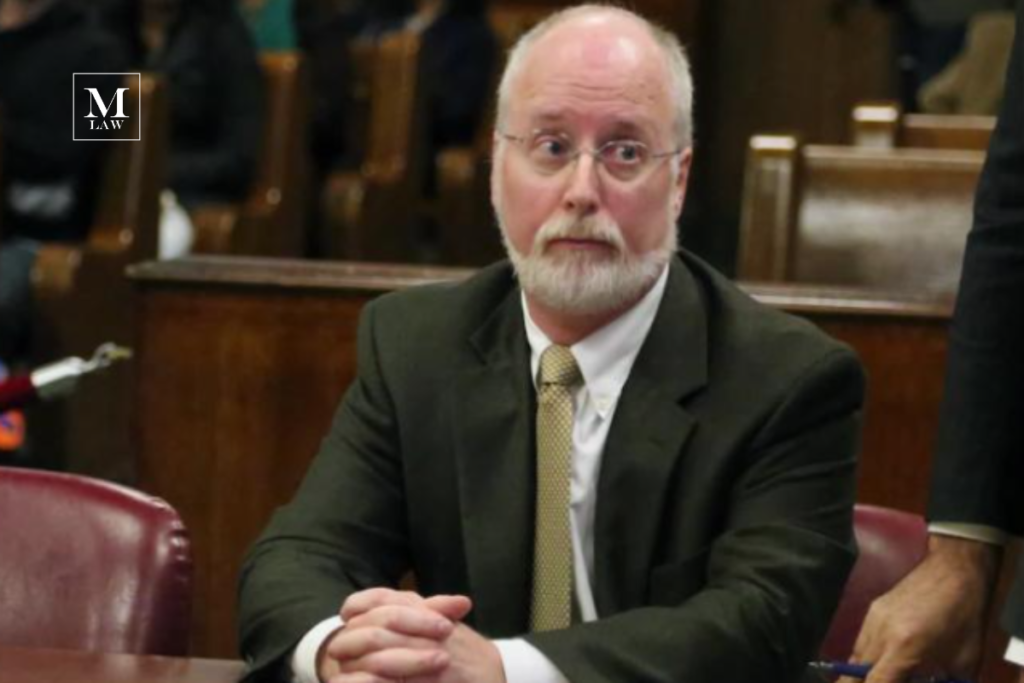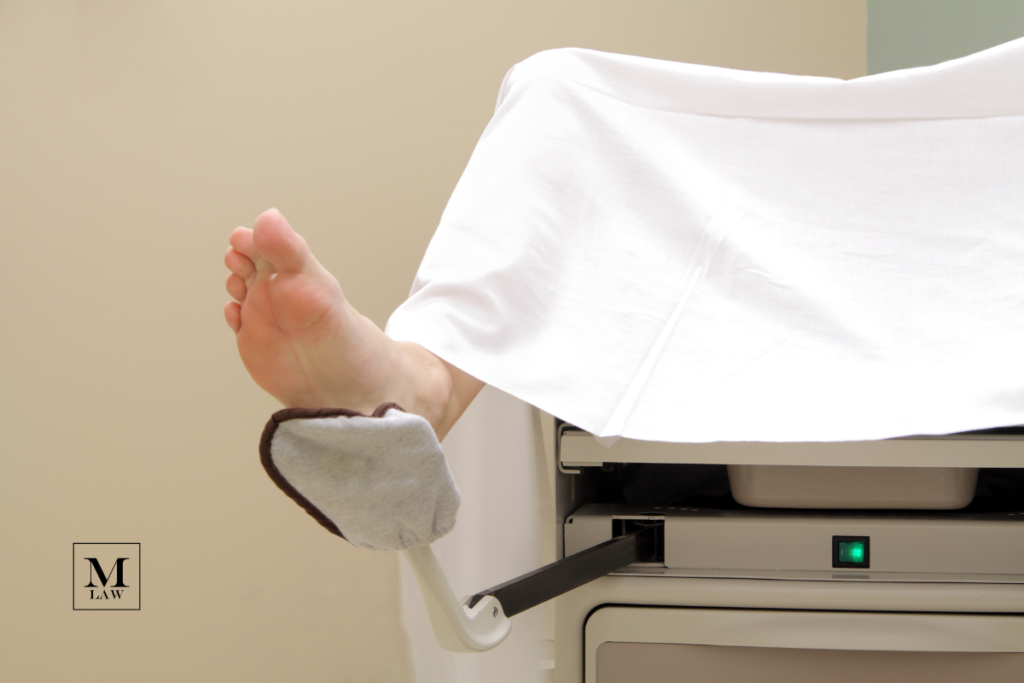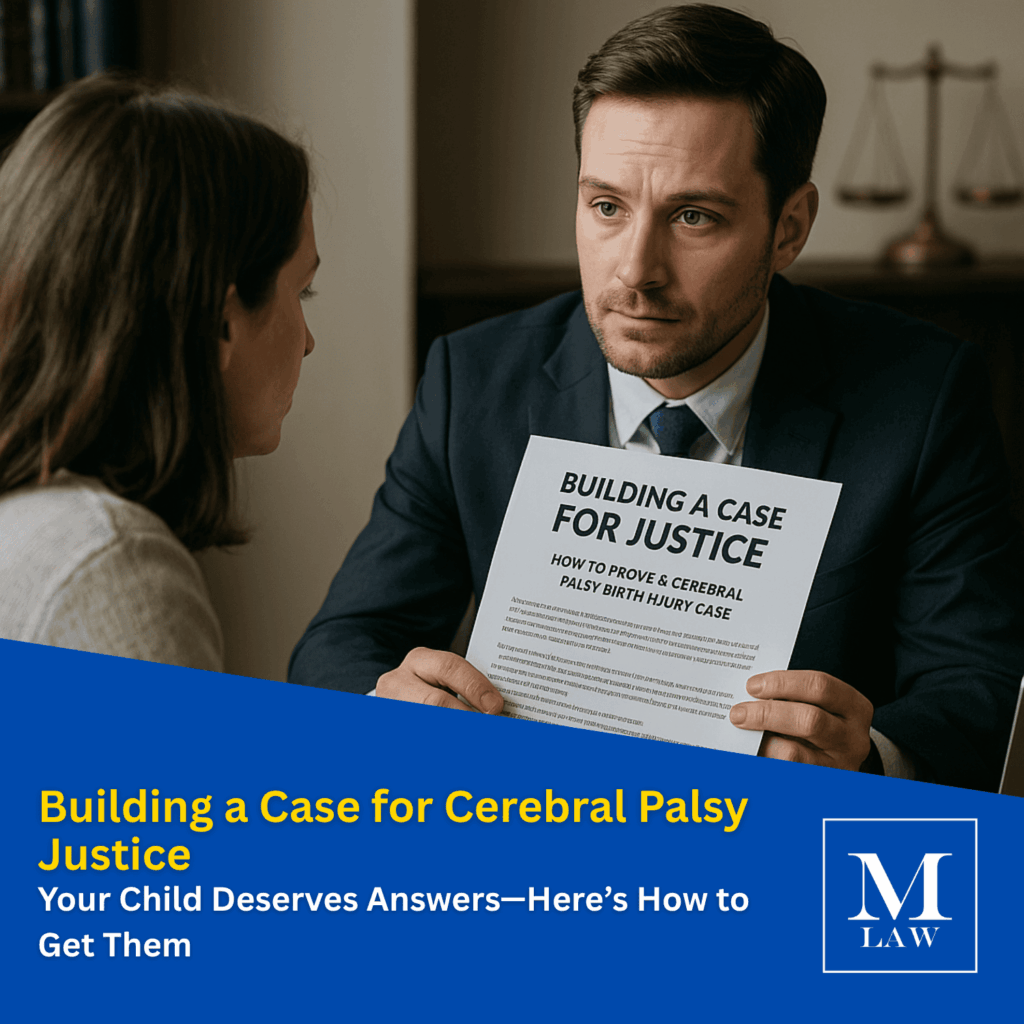Tragically, sexual assault can happen anywhere. And it’s becoming more and more apparent that predators, in the past and today, look for any opportunity to get their way.
Predators who take positions of power over others often abuse this power for sexual gratification. Because so many people are used to trusting people in these positions of authority, sexual assault may not always be easily identifiable.
Many victims don’t realize that a situation is inappropriate until it is too late. Some victims find themselves in a position where they cannot or feel as though they cannot deny unwanted advances.
As seen in the cases against Dr. Robert Hadden, some doctors, sworn to treat and care for their patients, abuse their authority and power in this way.
Because of this, we’ve written this post to explain what sexual assault by a medical professional can look like.
We also want to inform our audience that the Adult Survivors Act has passed, which grants new rights and longer statute of limitations for survivors in New York. Now may be your only opportunity to file a claim against your assailant.

What is Sexual Misconduct in Healthcare?
When most people think about sexual assault, they picture a cut-and-dry case of one person forcing unwanted sexual acts on another person, who clearly does not consent to what is occurring.
This happens all the time, but it is quite often not what sexual assault actually looks like.
In the context of a doctor’s appointment or a medical examination or procedure, things can get confusing, awkward, or frightening.
Doctors are one of the few people who we allow to examine our bodies in ways that would otherwise be intimate or inappropriate. This can make identifying healthcare sexual misconduct all the more confusing.
This is especially true for gynecological exams – which are often uncomfortable enough as is.
Examples of Sexual Misconduct by an Obstetrician-Gynecologist
Healthcare sexual misconduct by an obstetrician–gynecologist is an abuse of power and a violation of patients’ trust. Sexual or romantic interaction between an obstetrician–gynecologist and a current patient is always unethical, is grounds for investigation and sanction, and in some cases should be considered for criminal prosecution.
It is unethical for obstetrician–gynecologists to misuse the trust, knowledge, or influence from a professional relationship in pursuing a sexual or romantic relationship with a former patient.
Physical examinations should be explained appropriately, undertaken only with the patient’s consent, and performed with the minimum amount of physical contact required to obtain data for diagnosis and treatment. Draping should be used to minimize patients’ exposure during examinations. Patients should be offered the opportunity to ask questions or raise concerns about any element of the examination.
It is recommended that a chaperone be present for all breast, genital, and rectal examinations. The need for a chaperone is irrespective of the sex or gender of the person performing the examination and applies to examinations performed in the outpatient and inpatient settings, including labor and delivery, as well as during diagnostic studies such as transvaginal ultrasonography and urodynamic testing.
Obstetrician–gynecologists are obligated ethically and professionally to report sexual misconduct or suspected sexual misconduct by any health care professional to appropriate authorities, such as supervisors, department chairs or other institutional officials, peer review organizations, and professional licensing boards. Law enforcement should be involved in cases of sexual or physical assault.
Institutions should have clear guidelines that allow clinical staff to report sexual misconduct or suspected sexual misconduct without concern for retaliation. Patients, family members, and loved ones should have the opportunity to express concerns about interactions with clinical staff without fear of adversely affecting clinical care.
Medical students and trainees in obstetrics and gynecology should be educated about the inherent power imbalance in the patient–physician relationship, avoidance of sexually offensive or denigrating language, risk factors for sexual misconduct, and procedures for reporting suspected misconduct.
-Courtesy of the American College of Obstetrician and Gynecologists’ Committee on Ethics

These examples are true in any medical setting. Healthcare workers treating you are bound to a standard of ethics, and under no circumstance should they make sexual advances or interactions with you during an appointment, under the guise of authority, or without your consent.
If you believe that you were sexually assaulted during a medical exam, appointment, or procedure, you can contact the sexual assault attorneys at Merson Law PLLC by calling the number above or by filling out our confidential contact form.








